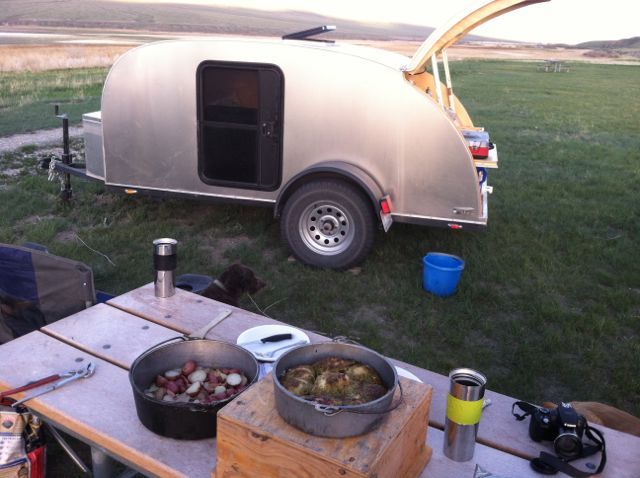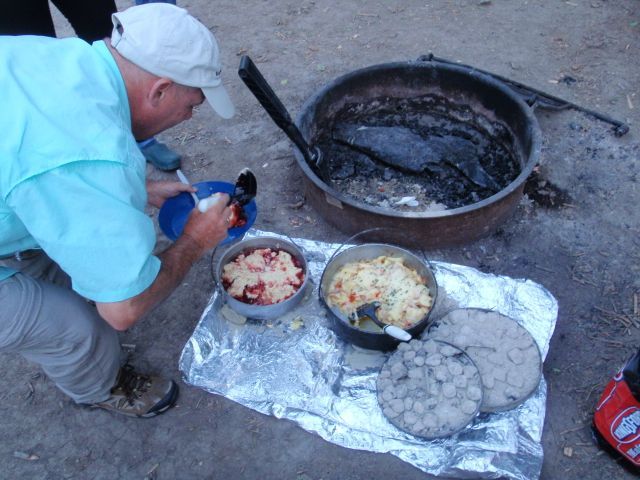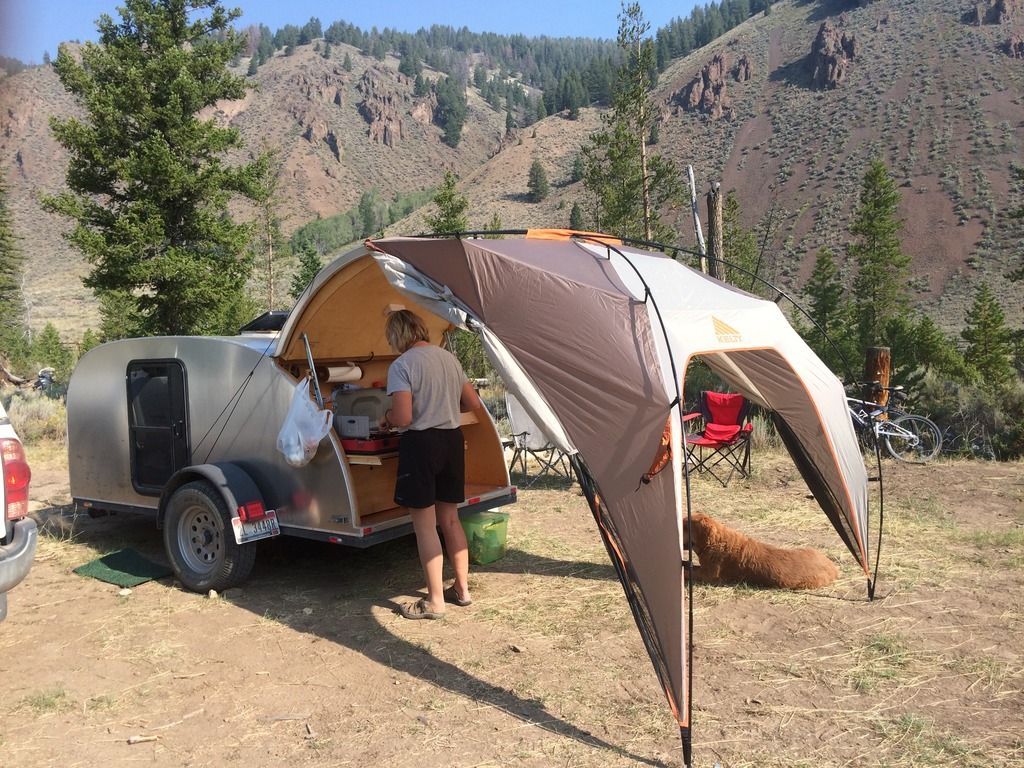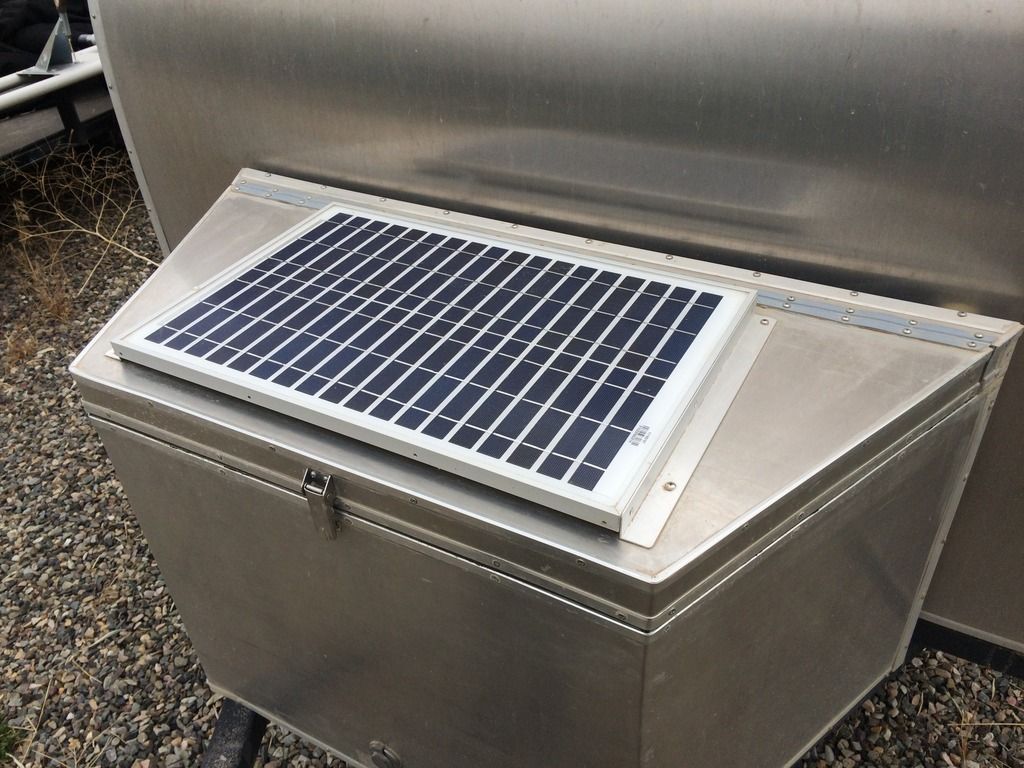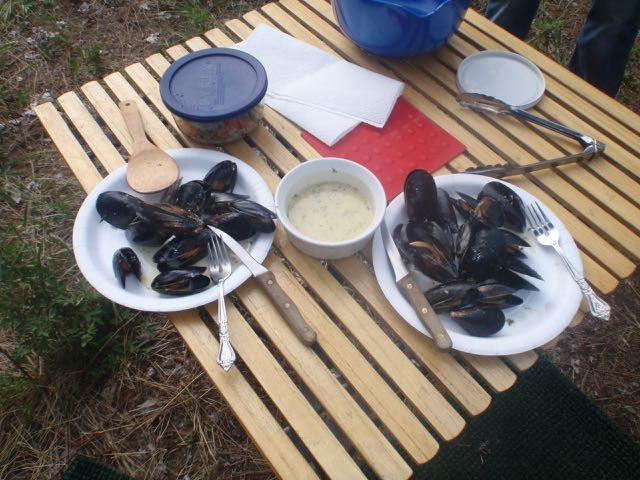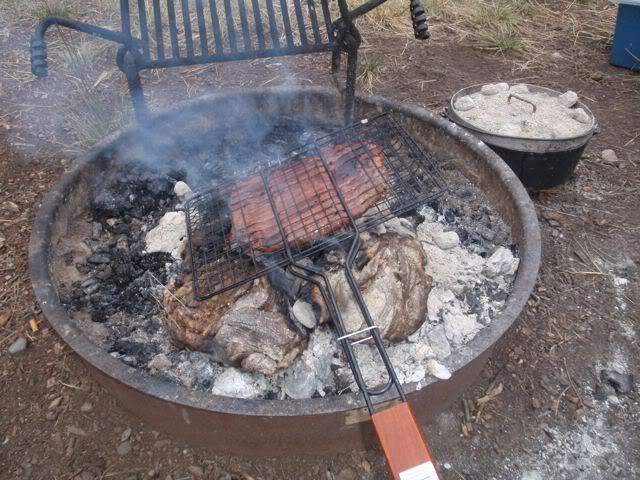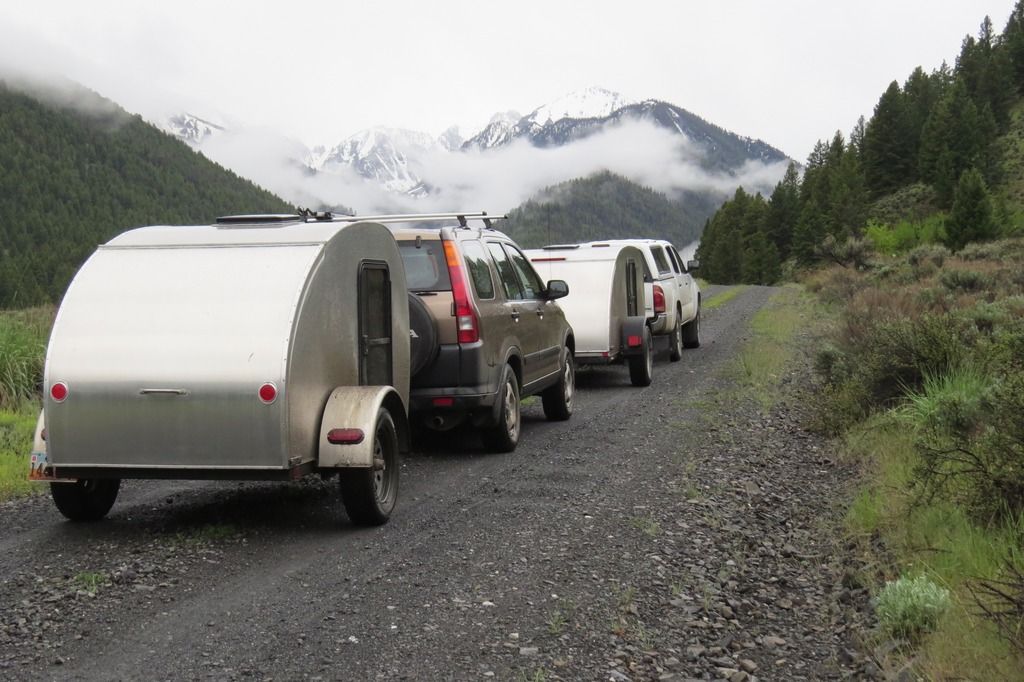Tell me about your teardrop gear.
27 posts
• Page 1 of 2 • 1, 2
Tell me about your teardrop gear.
Tell me/show me all your favorite bits of gear. Unique items, nesting stuff, space savers, all those little things that make your life that much better in the teardrop. I'm new to the game of teardrops and I'm interested to see how you guys make your tiny house a home. I'm particularly interested in all things boondocking related. Although I have a generator that is more than capable of powering everything in my teardrop, I'm always looking for better/more functional equipment.
So, from top to bottom, little to small, up and down, school me on how you teardroppers roll! So far my favorite functional item I've got has to be my energizer lantern (close 2nd is my brand new $50 optima yellow top, just because it was a helluva deal!). It runs off either 4 or 8 AA batteries, folds down very flat for easy storage and opens up for a surprising amount of light. Although I had this lantern well before my teardrop, I found myself buying another one for space saving purposes in my tear. Here's a link...
http://m.target.com/p/energizer-fusion- ... aQodi9AAnw
So, from top to bottom, little to small, up and down, school me on how you teardroppers roll! So far my favorite functional item I've got has to be my energizer lantern (close 2nd is my brand new $50 optima yellow top, just because it was a helluva deal!). It runs off either 4 or 8 AA batteries, folds down very flat for easy storage and opens up for a surprising amount of light. Although I had this lantern well before my teardrop, I found myself buying another one for space saving purposes in my tear. Here's a link...
http://m.target.com/p/energizer-fusion- ... aQodi9AAnw
War is not just a game played by young boys. As we grow there are those of us who continued to play, wishing every day it was still just a game. Remember the fallen who gave the ultimate sacrifice for your right to hate them.
- skeetersmobilelodge
- Teardrop Inspector
- Posts: 14
- Joined: Mon Sep 21, 2015 5:21 pm
Re: Tell me about your teardrop gear.
 Let's see....
Let's see....-Get cooking pans/pots that nest inside each other.
-If the lights in your trailer are incandescent, get LED bulbs to replace the existing bulbs. It'll save a lot on your battery.
-Always carry a spare blanket. You never know how cold it's going to feel at night.
-Keep a vent or at least one window open a crack, even if it's cold. It'll help keep the condensation from forming on the walls.
- It's a good idea to get a Tupperware-style box to put your shoes in at night. If you leave your shoes outside, put the lid on and make sure it's tight fitting, to keep creepy-crawlers out. If you bring your shoes inside your trailer at night, putting them in a box will keep shoe dirt from getting all over your trailer.
-Always carry a little more water than you think you need because you never know what might happen, especially if you're boon-docking!
(I try to carry an extra set of clothes and and extra day's food, too; but, that's just me.)
-If you haven't already browsed through the galley gallery, you might enjoy that and get some ideas there:
http://s134.photobucket.com/user/ams-te ... 20Gallery/
...Sharon....
I think I can...I THINK I can...I THINK; I CAN! (I think I did it!)
http://www.doityourselfrv.com/handcraft ... g-trailer/
viewtopic.php?f=50&t=27313&start=555
http://www.squidoo.com/painting-a-campi ... ramebuster
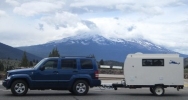
I think I can...I THINK I can...I THINK; I CAN! (I think I did it!)
http://www.doityourselfrv.com/handcraft ... g-trailer/
viewtopic.php?f=50&t=27313&start=555
http://www.squidoo.com/painting-a-campi ... ramebuster
-

S. Heisley - Super Lifetime Member
- Posts: 8872
- Images: 495
- Joined: Mon Sep 17, 2007 10:02 am
- Location: No. California


